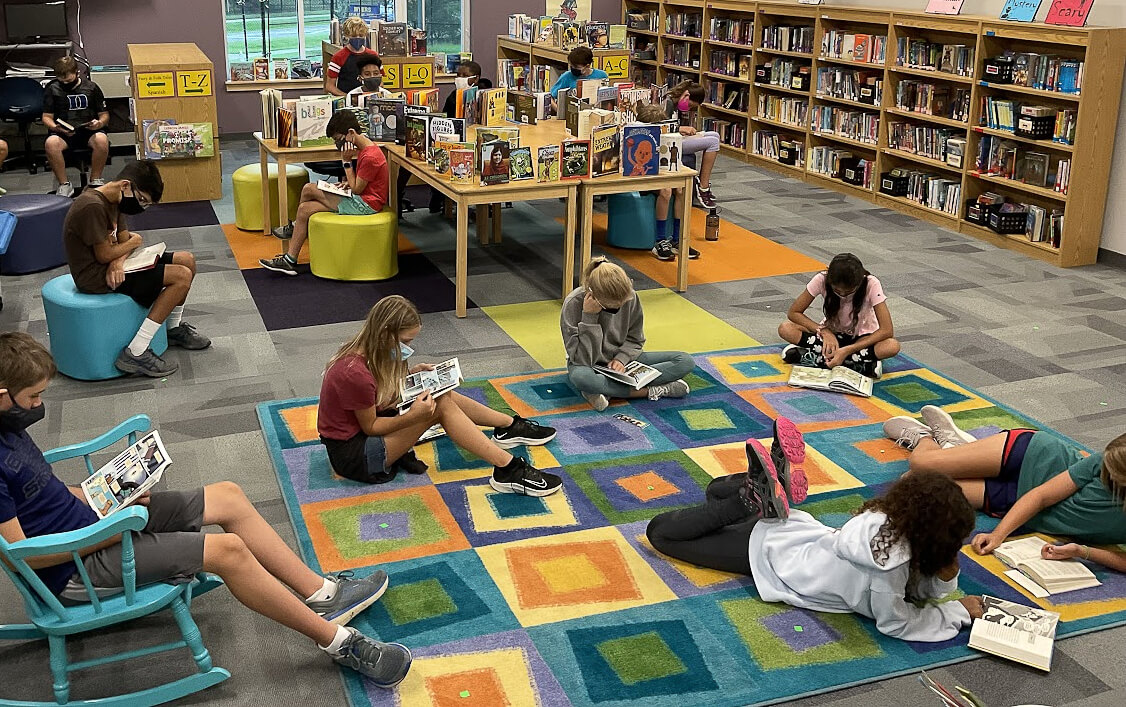September 23, 2021
I walked into the kitchen earlier this week and found my daughter Kate (age 15) doing her homework. She was watching an informational presentation that her teacher had put together about Ancient Greece. Oddly, the teacher sounded like an auctioneer.
As it turned out, Kate was watching the video at 1.5 speed (or 50% faster than the teacher intended). I suppose I could have predicted her response to my asking why she wasn’t watching it at the normal speed. “Dad,” she said. “That would be so boring!”
This issue is not specific to Kate. I grew up on a healthy diet of televised sports. College basketball, pro football, baseball – if it was on TV, my dad and I were watching it. Today, if I’m watching a game in “real time” (without the benefit of a DVR), it’s with a device in hand, and the NYT crossword or spelling bee is diverting at least 30% of my attention.
We live in a world of immediacy and overstimulation, and most of us revert to our devices out of habit when we have a free moment. Constantly checking texts, e-mail, tweets, and various social media sites has become a compulsion, and we have a tough time letting go.
What have we lost in all of this? The ability to be bored, and the benefits that arise from it. In a Wall Street Journal article entitled “The Heady Thrill of Having Nothing To Do,” Scott Adams, author of the comic strip, Dilbert, credits the “soul-crushing boredom of [his] childhood for allowing his creativity to flourish.” Scientists point to imaging studies which illustrate that major areas of the brain are active during downtime. These and other studies led Chris Bailey, author of the blog, A Life of Productivity, to conclude: “When you’re bored, you unconsciously organize your life, connect dots, step back and come up with creative solutions to problems, and ultimately become more productive.”
Our children are watching. Starting with infancy, kids are bombarded with noise, stimulation and immediate gratification. Teaching has rightfully become much more student-centered over the years, but I wonder if frequent technology use has led to more children arriving at school expecting to be entertained. In a NYT article entitled “Growing Up Digital, Wired For Distraction,” Matt Richtell warns that “developing brains can become easily habituated to constantly switching tasks – and less able to sustain attention.” Unplugging might be boring, but the dangers of overstimulation seem quite clear.
In “The Case for Boredom,” psychologist Adam Cox offers an intriguing perspective. He writes, “It is only during moments of relative calm that young minds learn to bind empathy to action, and the development of thoughtful behaviors we associate with civility.” Being civil is not necessarily fun, and it requires us to reflect on our actions, taking time to consider how we treat others. This cannot be accomplished while texting.
“Bored to death. Bored to tears.” Clearly, boredom needs a facelift and marketing campaign. I recommend the Bored and Brilliant podcast, which extols the virtues of boredom and offers a series of tech-free challenges. As we strive to give our children everything that we think they will need to be successful in life, let’s remember to give them, at least occasionally, the gift of boredom.

